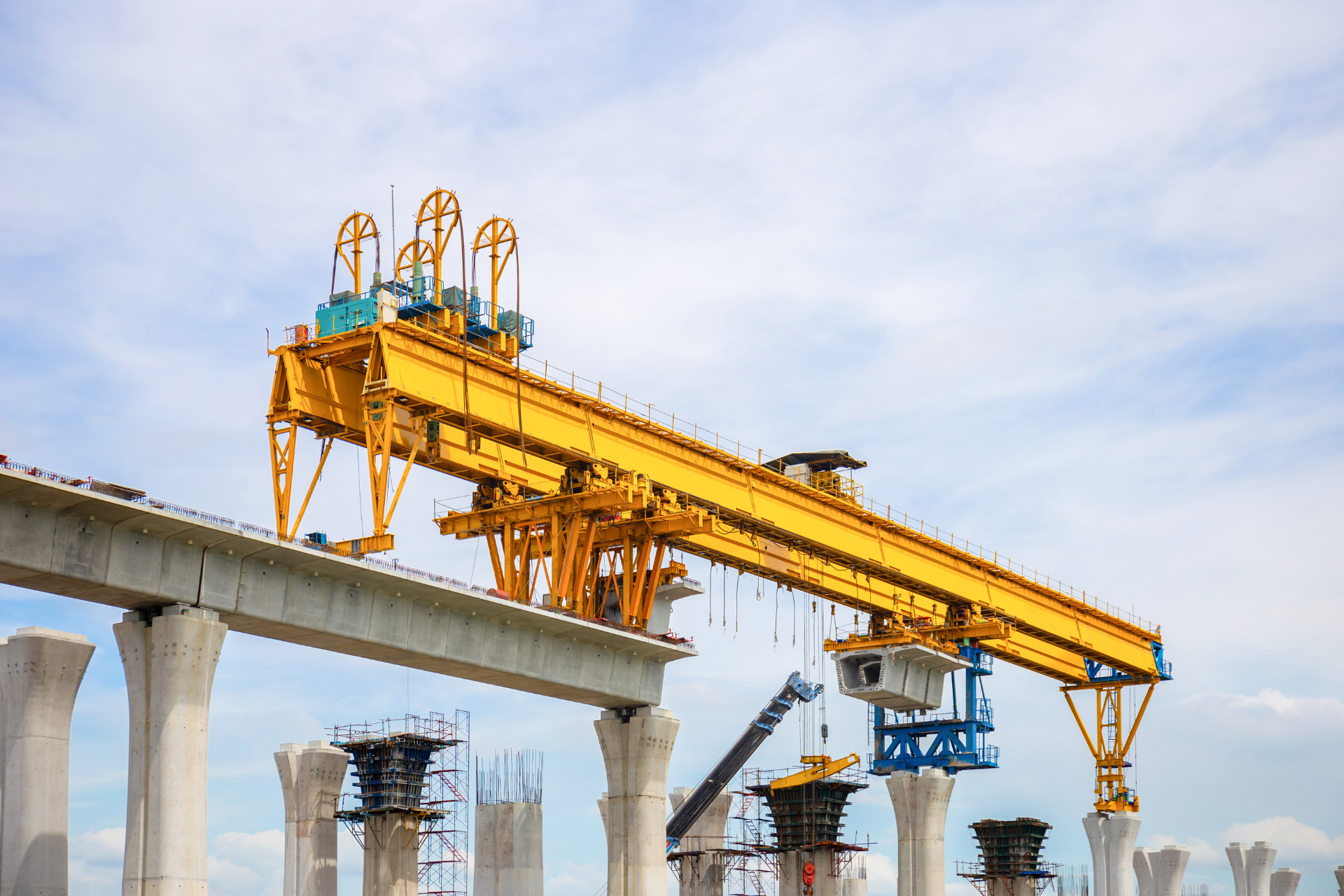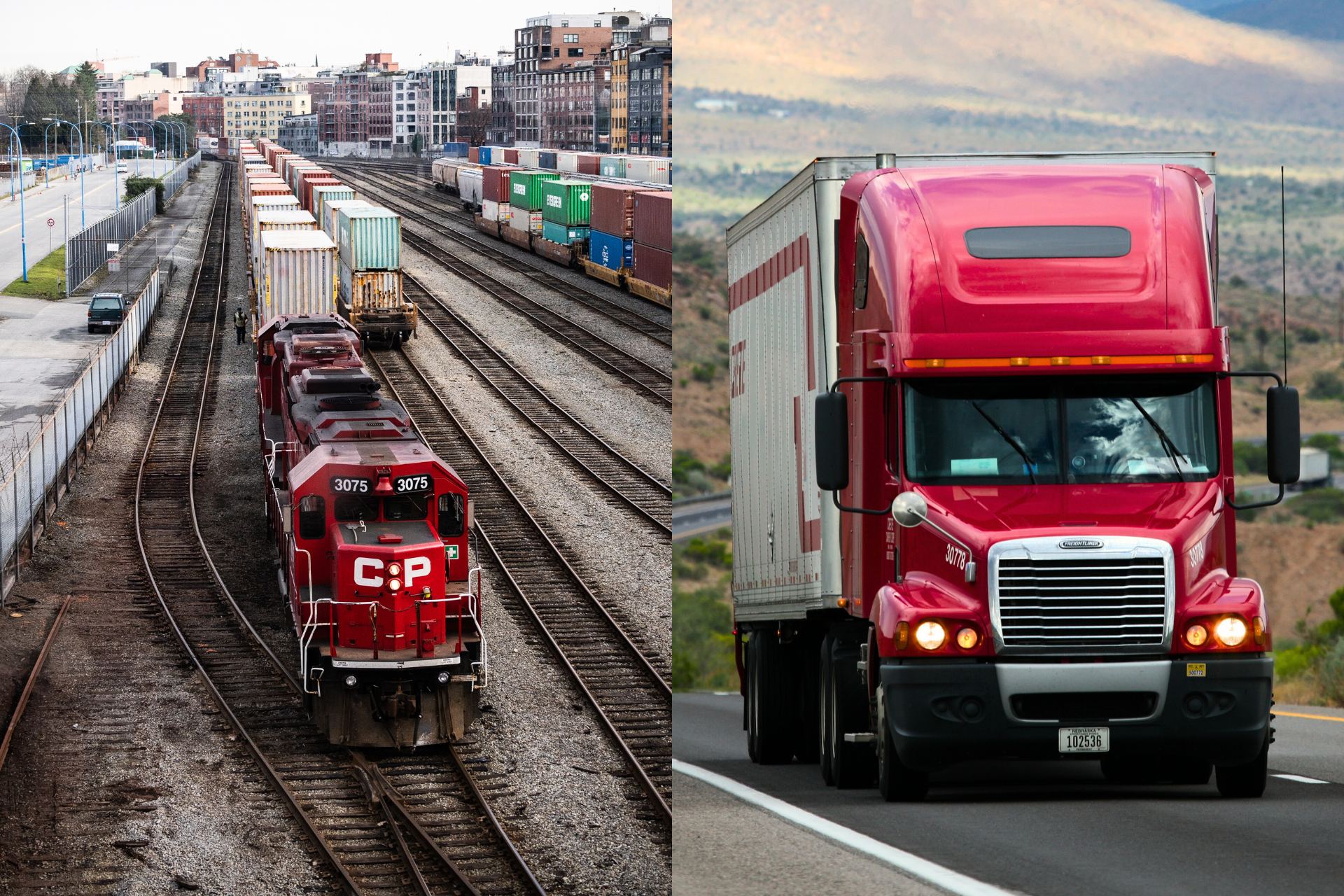Why Mental Health Matters in High-Pressure Infrastructure Projects

The success of large-scale rail and infrastructure projects is often measured in terms of engineering milestones, financial efficiency, and operational outcomes. However, at the heart of every project are the people who make it possible: engineers, project managers, site workers, and countless other professionals who navigate immense pressure, demanding deadlines, and complex safety requirements. The physical challenges of working in such environments have long been recognised, but in recent years, there has been a growing awareness of the psychological toll that these roles can take. As the industry embraces more sustainable and future-focused ways of working, the well-being of its workforce is becoming an essential priority, with organisations increasingly recognising that mental health is not just a personal concern but a business-critical issue that impacts productivity, safety, and long-term success.
The inherently high-pressure nature of infrastructure projects means that workers are frequently exposed to long hours, intense workloads, and unpredictable conditions, which can contribute to stress, fatigue, and burnout. The pressure to meet deadlines (often within rigid financial constraints) can create an environment where individuals feel unable to take breaks, seek support, or voice concerns about their mental well-being. Moreover, those working in safety-critical roles, such as railway engineers or site supervisors, must remain hyper-vigilant at all times, as their decisions can have direct consequences on both lives and infrastructure integrity. The accumulation of these stresses, if left unaddressed, can lead to serious consequences, including reduced concentration, increased risk of accidents, and a decline in overall morale across teams.
Recognising the importance of mental health in high-risk industries, many rail and infrastructure companies are implementing structured support systems designed to foster a culture of openness and resilience. Some organisations are embedding mental health awareness into their training programmes, equipping staff with the knowledge and resources to recognise early signs of stress and anxiety, both in themselves and in their colleagues. Others have introduced confidential helplines, dedicated well-being officers, and peer-support networks to encourage employees to seek help when needed. By integrating these initiatives into their operational frameworks, companies are not only demonstrating a commitment to their workforce but also improving long-term performance, as a mentally resilient team is better equipped to handle challenges, adapt to unforeseen circumstances, and maintain high standards of efficiency and safety.
Additionally, the impact of mental health policies extends beyond individual employees to the wider industry, as organisations that prioritise well-being are more likely to attract and retain top talent. In a sector where skills shortages remain a challenge, fostering an environment where workers feel valued and supported can provide a crucial competitive advantage. More progressive firms are even taking steps to redesign shift patterns, offer greater flexibility, and create on-site facilities that promote rest and recovery. While infrastructure projects will always be demanding by nature, companies that integrate mental health into their operational strategies are likely to benefit from a more engaged, motivated, and productive workforce.
At Deploy, we understand that the infrastructure sector relies not only on technical excellence but also on the well-being and resilience of the people behind every project. As specialists in rail and infrastructure recruitment, we recognise that a strong, supported workforce is essential for long-term success. That is why we work closely with our clients and candidates to promote working environments that prioritise both safety and mental well-being. Whether you are looking to build a team that thrives under pressure or seeking opportunities within organisations that value their workforce, Deploy is here to help. Get in touch with us today to find out how we can support your recruitment needs.





